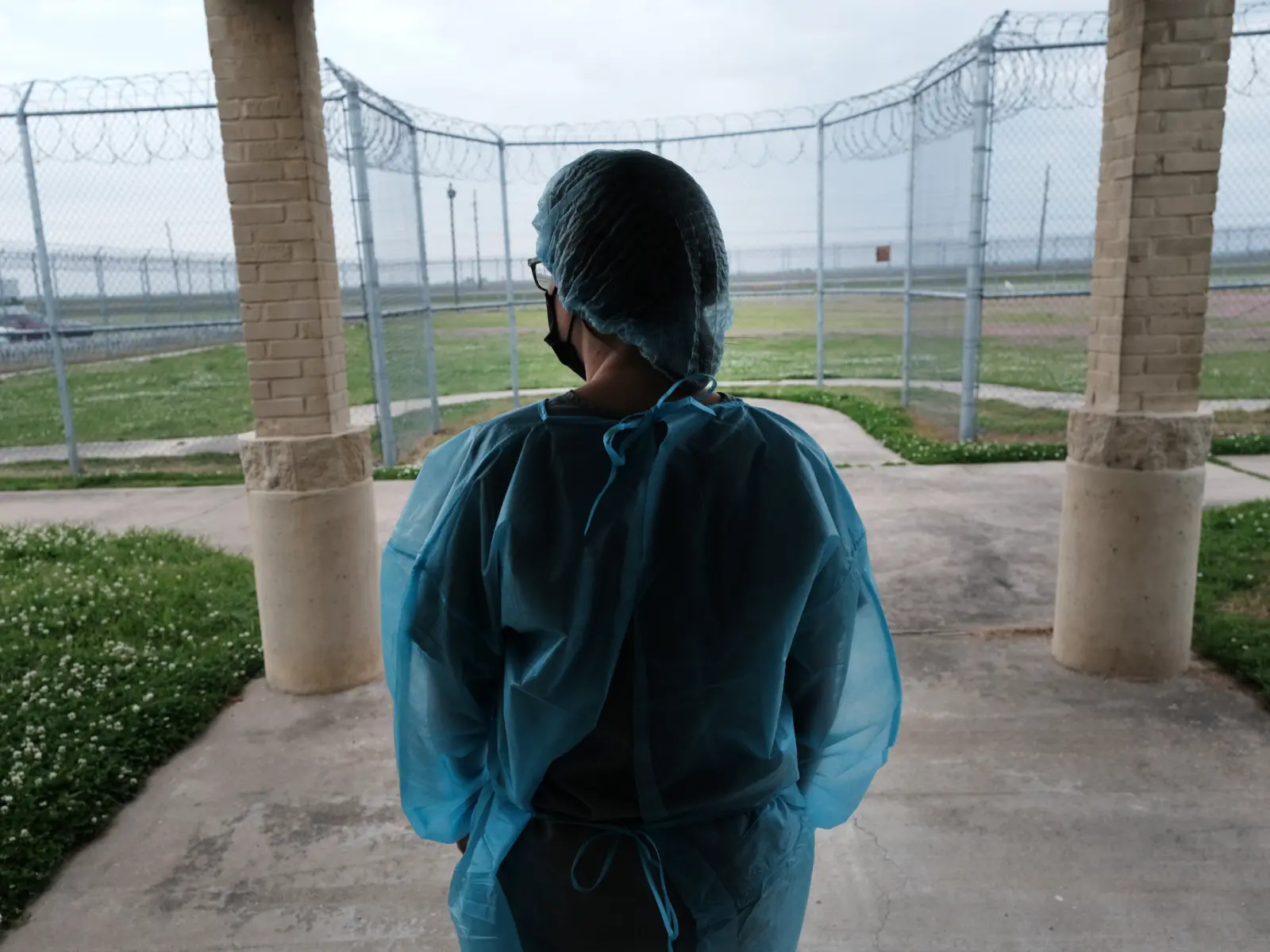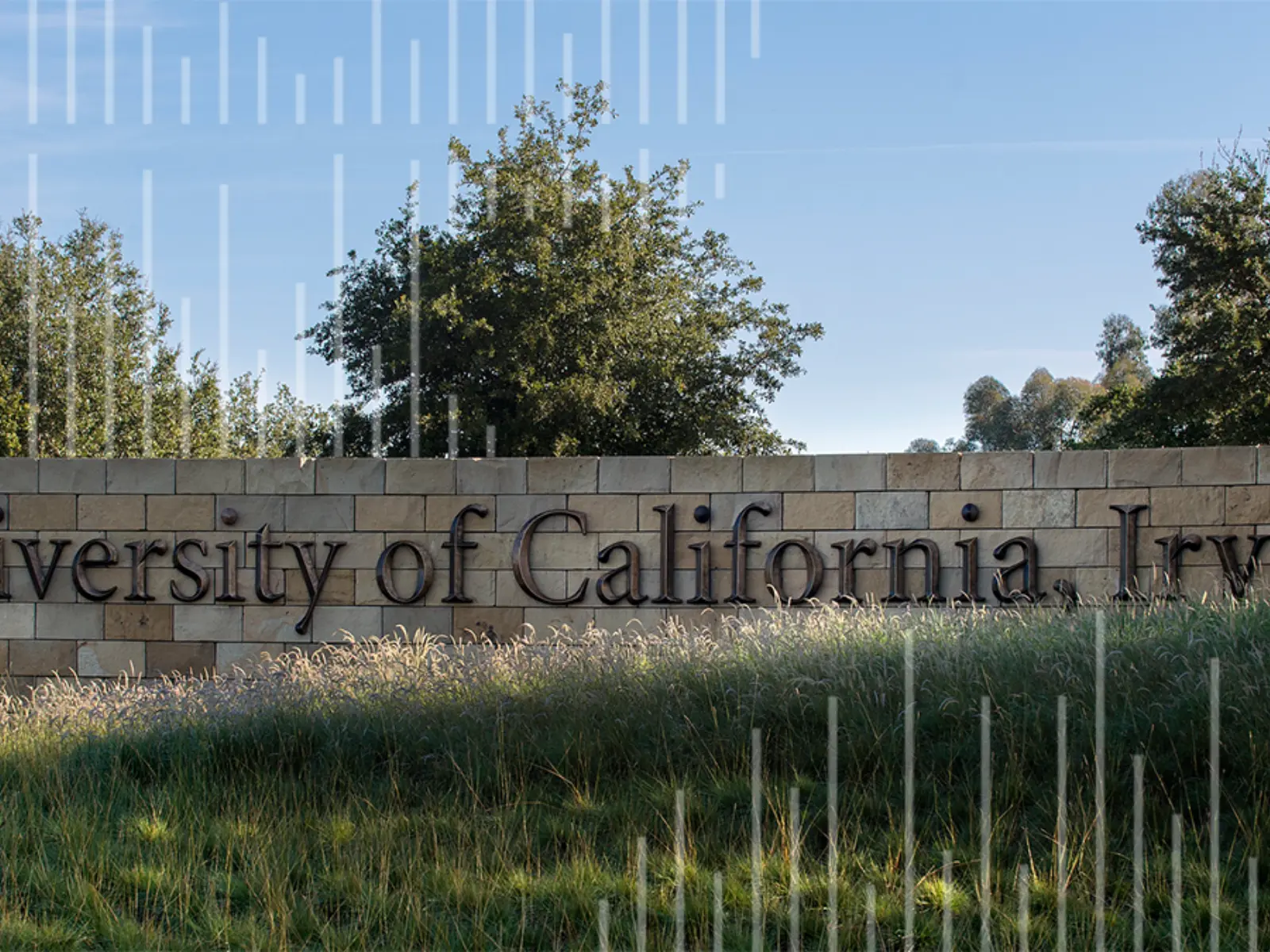Grant Recipient: University of California-Berkeley
Principal Investigator(s): Mia Bird, Johanna Lacoe, Steve Raphael
Term: 2024 – 2027
Summary: In California, almost 70% of the incarcerated population in December 2022 was serving a long sentence (defined as over 10 years). Black and Hispanic people made up over three-fourths of those serving these long sentences. However, evidence suggests the widespread use of long sentences generates low public safety returns due to both the minimal deterrent effect and diminishing effect of incapacitation as people age (Pryzybylski et al., 2022).
Further, long sentences affect the lives of those incarcerated, making successful reintegration upon release more challenging. Building on the California Policy Lab’s work with the California Committee on Revision of the Penal Code on Three Strikes and sentence enhancements, this project speaks to the larger literature on the impact of long sentences (Bird et al. 2022b; Bhati, 2023; Pryzybylski et al., 2022), and focuses on the contribution of policies that drive sentence length. Through three research studies, the research team will evaluate the effects of Proposition 57 on time served and recidivism, analyze the effects of restoring judicial discretion in the application of prior serious or violent felony conviction enhancements (the “nickel prior” enhancement), and create a framework for modeling changes to the State’s prison population.
The results will inform future reform efforts directly through CPL’s partnership with the California Committee on Revision of the Penal Code, and beyond, as they seek to reform and rationalize the state’s penal code with the dual aims of reducing the use of incarceration while maintaining public safety. This research will also provide lessons for other states considering rolling back the use of enhancements or shortening prison sentences through other means.



















